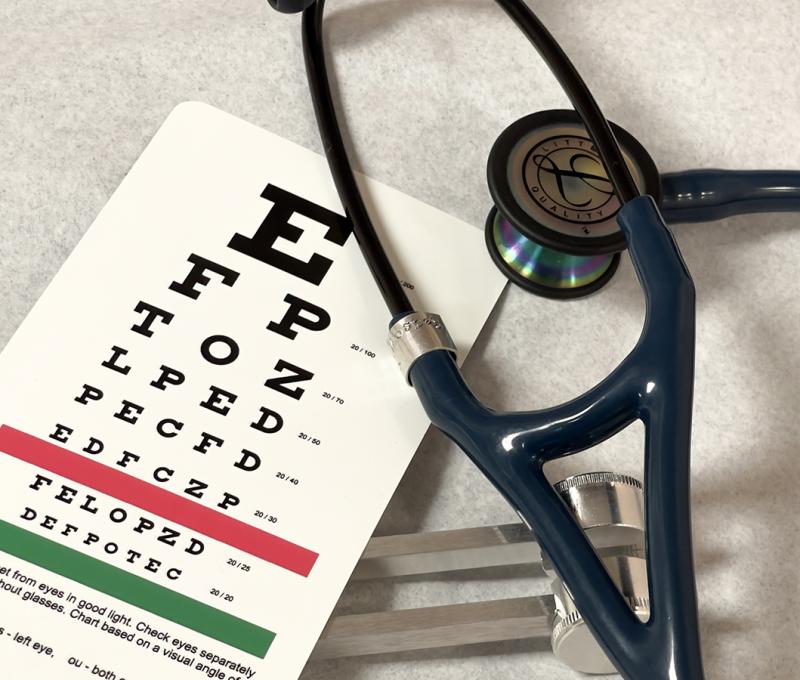News Release: What Contagious Yawning (or Lack Thereof) Says About Your Personality

For Release: Immediate – December 10, 2021
Contact: Steve Ference, Director of University Communications | (518) 429-7742 | sference@sunypoly.edu
SUNY Polytechnic Institute Professor Andrew Gallup, in Partnership with Utrecht University, Publish Contagious Yawning Research in Scientific Reports
UTICA, NY – We all know that yawns are contagious. Seeing, hearing, and even thinking about yawning can automatically trigger yawns in response, yet some people find yawning more infectious than others. A new study on a large and diverse sample of participants found that people who score high on psychopathic personality traits are less likely to yawn contagiously. The findings of the study, which was conducted by an international team of scientists centered around psychologist Andrew Gallup of the State University of New York Polytechnic Institute (SUNY Poly) (USA) and biologist Jorg Massen of Utrecht University (NL), were published on December 10th in the journal Scientific Reports.
Contagious yawning is a well-documented phenomenon that first emerges in early childhood, yet there is quite a bit of variability in this response. Studies show that when displayed yawning videos, only 30-60% of people yawn contagiously. So, what is it that makes some people less likely to catch yawns from others?
Research suggests that personality factors could play a role. In particular, previous studies have shown a negative association between psychopathy and yawn contagion. “People that score high on psychopathic traits show reduced empathy, mimicry, and group cohesion, and as a result may be less susceptible to behavioral contagion,” according to Dr. Gallup. However, previous research in this area has relied on relatively small and homogenous samples of college students.
Thus, the team of researchers aimed to further examine this link using a larger and more representative sample. “To assess the robustness and generalizability of this association, we recruited a large and internationally diverse sample of participants from across the world,” said Dr. Massen. The researchers recruited over 450 participants from across 50 nationalities. In an online format, participants in the study were shown multiple clips of people yawning, and then were asked to report on their own yawning behavior and complete a series of questionnaires that measured psychopathic personality traits.
The findings confirmed the expected association. “As predicted, people that scored higher on psychopathy measures were less likely to yawn contagiously,” said Dr. Massen. Some of the best predictors of yawn contagion were emotional and interpersonal personality characteristics. These findings are consistent with research suggesting that psychopathy might represent an impairment in attachment, social affiliative behaviors, and social connectedness that affects more general features of behavioral contagion.
“Given the large size and diverse composition of the study sample, these findings suggest that variability along this dimension is a true and reliable contributor to individual differences in contagious yawning in the general population,” according to Dr. Gallup. “Whereas the participants’ score on the psychopathy spectrum thus had a significant influence on yawn contagion, the strongest predictor of this response in this study was actually self-reported tiredness, underlining also the physiological function of yawning.”
“Thus, we should not immediately write somebody off as a psychopath when he or she does not yawn in response to seeing someone else yawn, he or she might just not be tired enough,” ends Massen.
Publication
Gallup, A.C., Kret, M.E., Eldakar, O.T., Folz, J., & Massen, J.J.M.* (2021). People that score high on psychopathic traits are less likely to yawn contagiously. Scientific Reports.
####################
About SUNY Polytechnic Institute (SUNY Poly)
SUNY Poly is New York’s globally recognized, high-tech educational ecosystem. SUNY Poly offers undergraduate and graduate degrees in the emerging disciplines of nanoscience and nanoengineering, as well as cutting-edge nanobioscience programs at its Albany campus, and undergraduate and graduate degrees in technology, including engineering, cybersecurity, computer science, and the engineering technologies; professional studies, including business, communication, and nursing; and arts and sciences, including natural sciences, mathematics, humanities, and social sciences at its Utica campus; thriving athletic, recreational, and cultural programs, events, and activities complement the campus experience. As the world’s most advanced, university-driven research enterprise, SUNY Poly boasts billions of dollars in high-tech investments and hundreds of corporate partners since its inception. For information visit www.sunypoly.edu.








